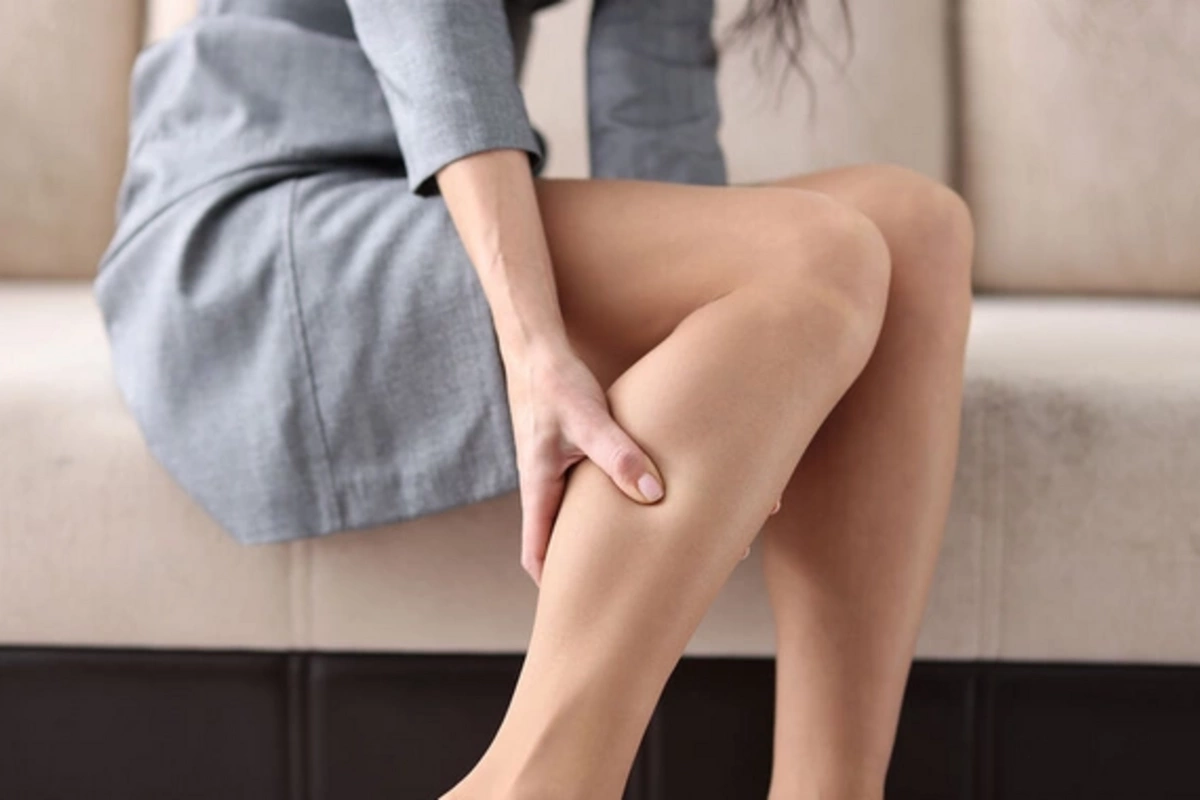25 Jul , 18:58
0

ALARMING SIGNAL: WHY FEET ARE CONSTANTLY COLD AND WHEN IT'S DANGEROUS
The constant feeling of cold in the feet may not just be a reaction to low ambient temperature, but a serious signal from the body about possible health problems. Medical specialists identify several causes of this condition, some of which require immediate attention.
Poor circulation often becomes the main culprit for cold feet. With insufficient blood flow to the lower extremities, the skin quickly loses heat, causing discomfort. This condition may indicate problems with the cardiovascular system, including varicose veins.
Anemia is another common factor. Decreased hemoglobin levels due to iron deficiency make it difficult to transport oxygen to tissues. In such a situation, the body is forced to redistribute heat, giving priority to vital organs, leaving the extremities cold.
Diabetic neuropathy, which occurs with diabetes, damages nerve endings predominantly in the feet. This leads to distortion of temperature sensitivity and a constant feeling of cold.
Hypothyroidism is a condition in which the thyroid gland produces insufficient amounts of hormones. This slows down metabolism, lowers overall body temperature, and causes a constant feeling of cold, especially in the extremities.
Raynaud's syndrome is characterized by a sharp spasm of blood vessels when exposed to cold or stress. This is accompanied not only by cooling but also by whitening of the fingers, as well as numbness.
Neurological disorders can also cause cold feet. Various neuropathies can alter temperature perception, creating a feeling of cold even in a warm room.
Additional symptoms should cause particular concern: numbness, cramps, pain, or changes in the color of the skin of the legs. In such cases, urgent consultation with a specialist is necessary, as these signs may indicate serious disorders requiring medical intervention.
For temporary relief, it is recommended to wear warm clothes and shoes, quit smoking, increase physical activity, and adjust the diet. However, the most important thing is not to ignore this signal from the body. Timely consultation with a doctor will help avoid complications and prevent the development of serious diseases.